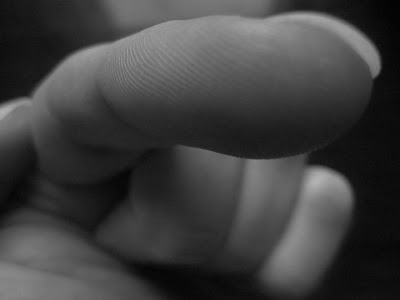At its best, knowledge is not a catalogue
of facts, but a repertoire of experiences.
Thursday, 29 November 2012
Wednesday, 21 November 2012
The Mirror of Judgement
Perhaps the most widespread interpretation of the role of judgement is to think of it as having its discriminative intentions focussed squarely upon the experience, thing or person being judged. Nonetheless, with every judgement also comes
a significant and all too easily overlooked element of social positioning. To
judge - to be in the position of exercising judgement - is an expression, demonstration and consolidation of prestige. In order to maintain prestige, judgement needs to be exercised
on a regular basis. But wherever judgements are made there is also a likelihood of
errors of judgement and a consequent risk that one’s professional credibility may be called into question. Therefore the more incontestable those who judge can
make their judgements, the better (for them). Numerous strategies for ensuring
incontestable judgements have thus evolved; from obscurantism and mysticism on
the one hand to the establishment of convoluted laws, regulations and elaborate
evaluative criteria on the other.
So, whilst much judgement can be seen as an attempt to
exercise fine-grained intellect, discernment and critical wisdom it can also be
seen as a form of social segmentation, of in-groups and out-groups, of
individuals who qualify and individuals who do not, of members and outsiders,
of the invited and the excluded, of those who comply and those who rebel, of
those who are welcomed and those who are banished, ostracised or incarcerated,
of those who evaluate and those who are evaluated.
Tuesday, 13 November 2012
The Truthful Lie
It is not at all uncommon to be deceived, either by
ourselves or others, and to perceive significances where there are none, to misattribute
causes or build them up to such a degree that they lose all connection with their
source. This is rarely a problem in art since, as a domain, art is peculiarly
unpedantic. Art makes no claims to absolute truth - barely to truth at all. However, in other walks of
life – politics, religion, psychoanalysis, education, philosophy, etc – this tendency towards truth - or rather the rigid adoption of assumed truth - can be, and often is, a source of great misery and conflict.
Tuesday, 6 November 2012
Subscribe to:
Comments (Atom)




